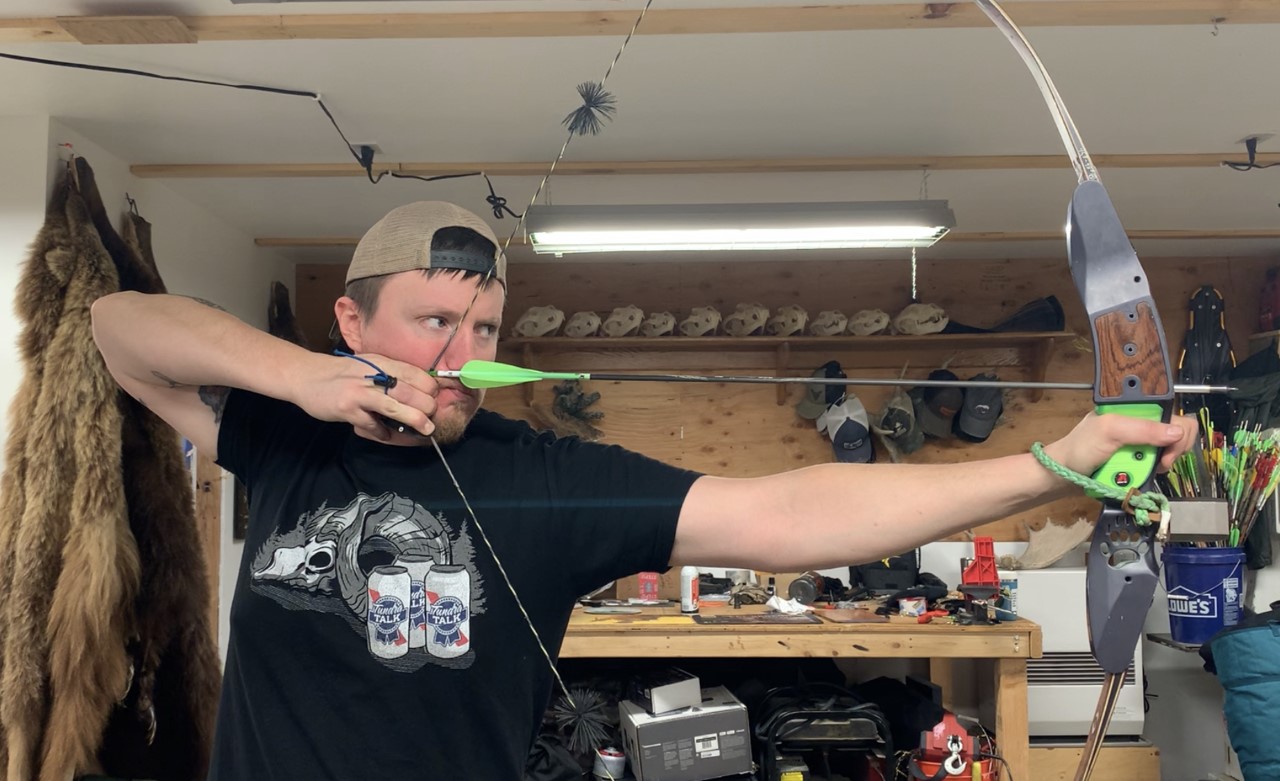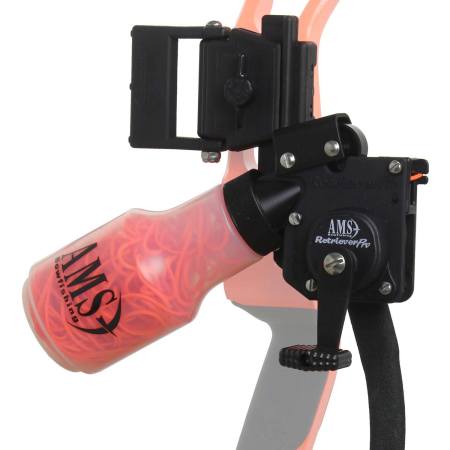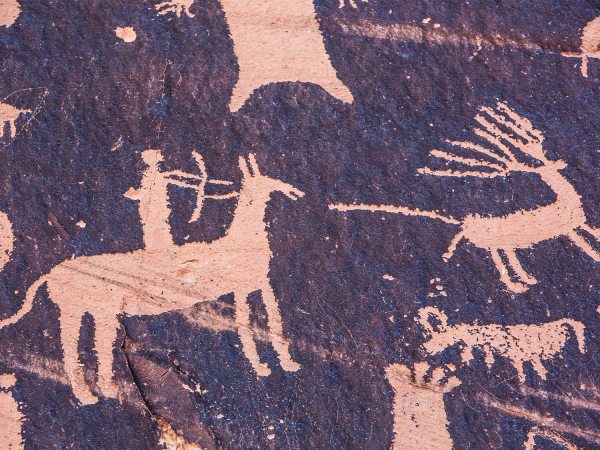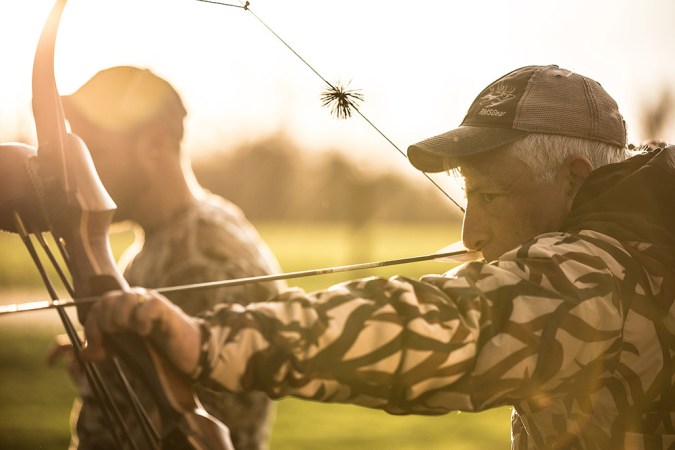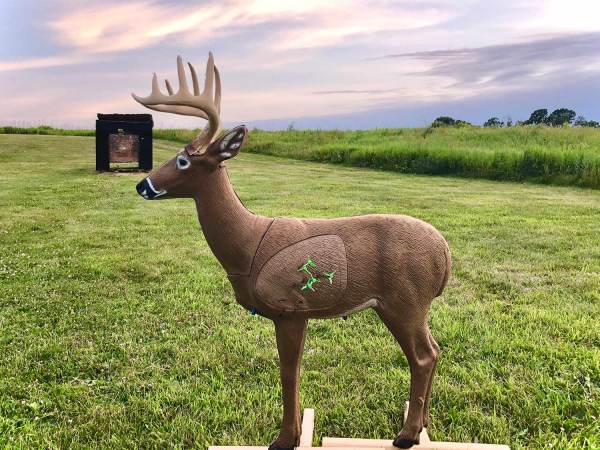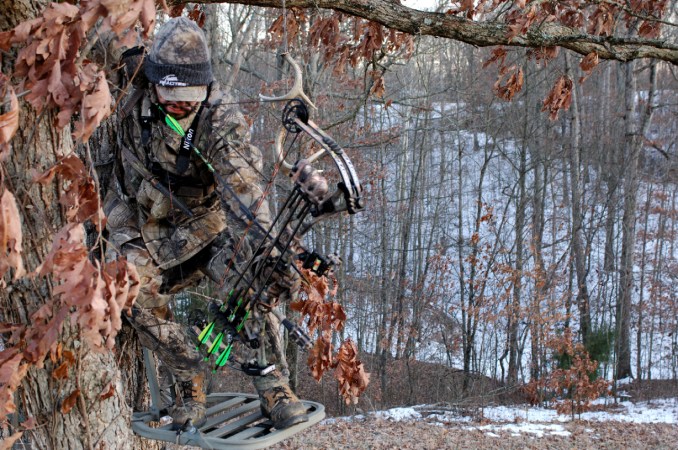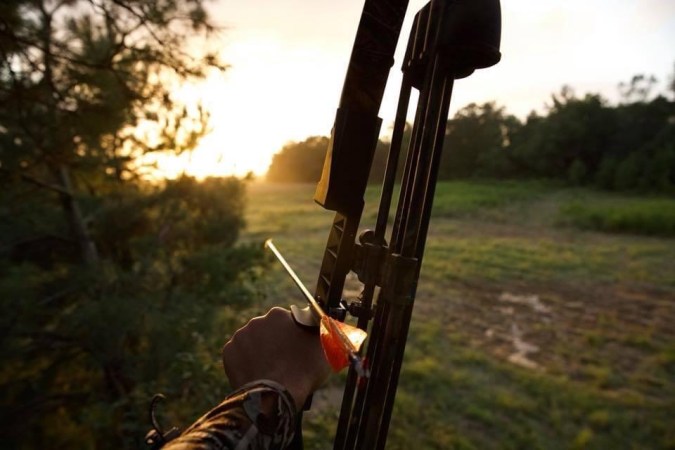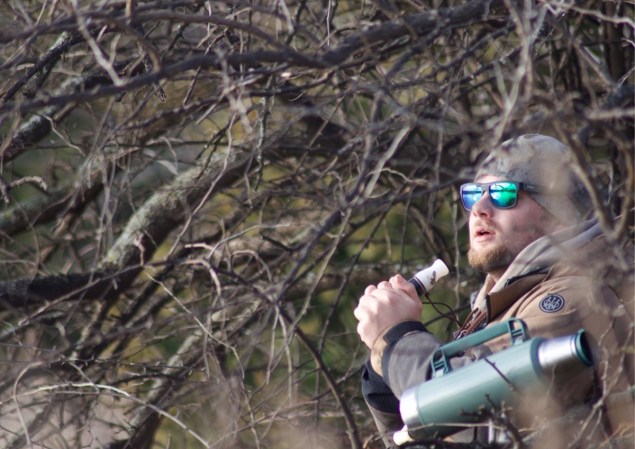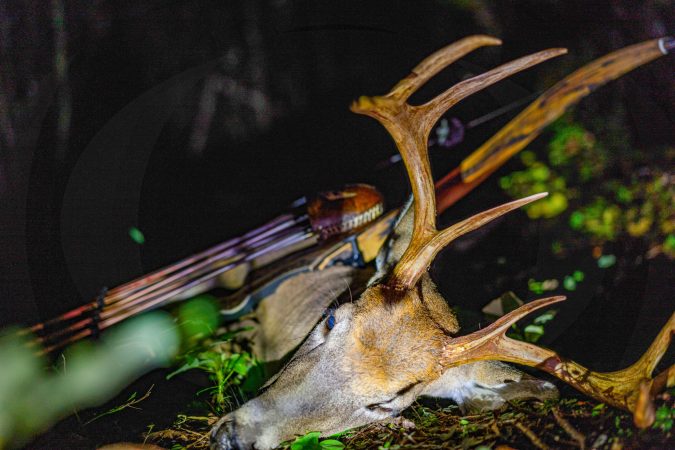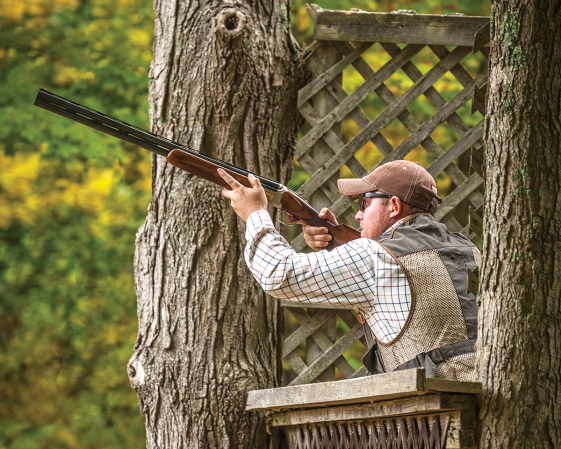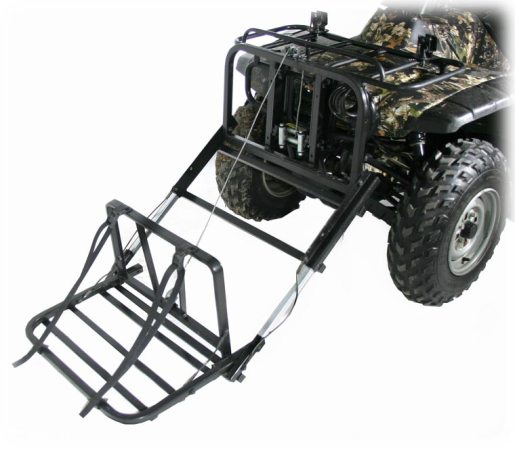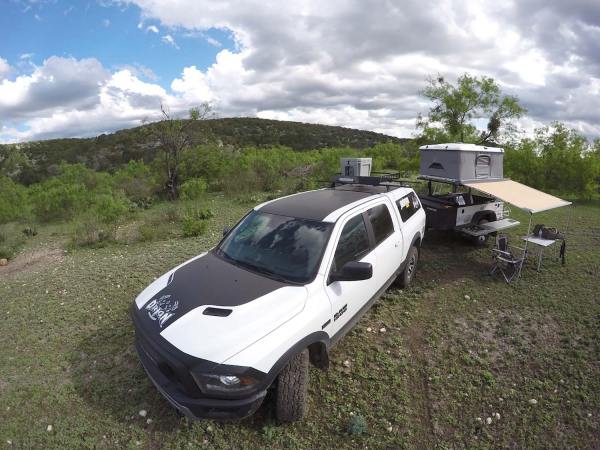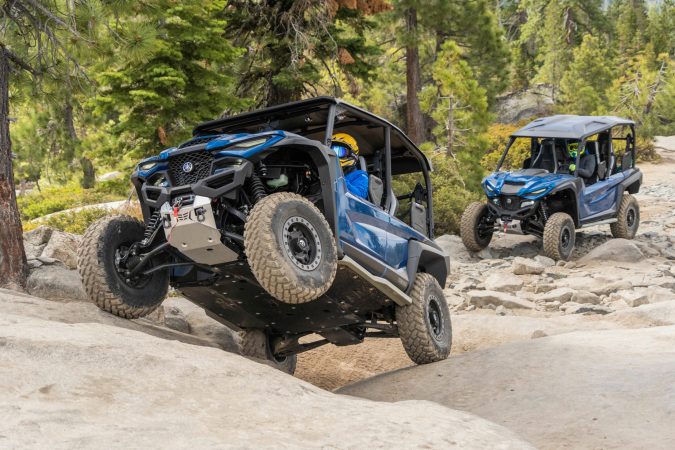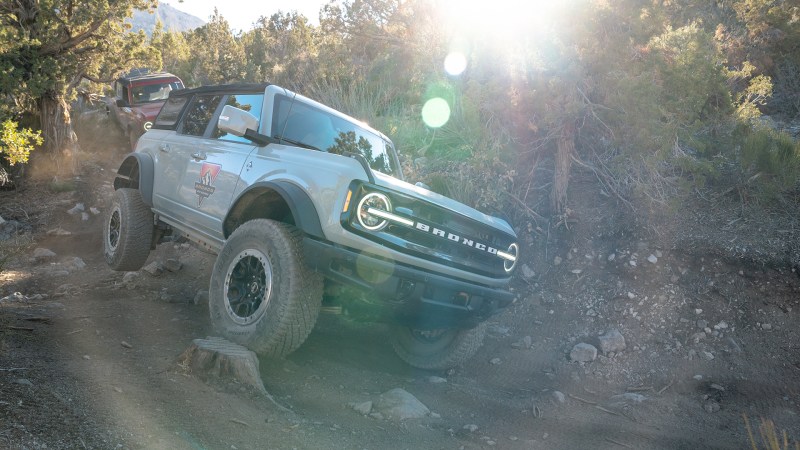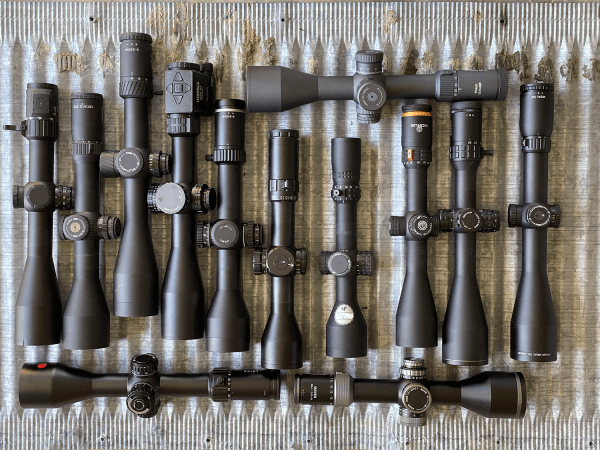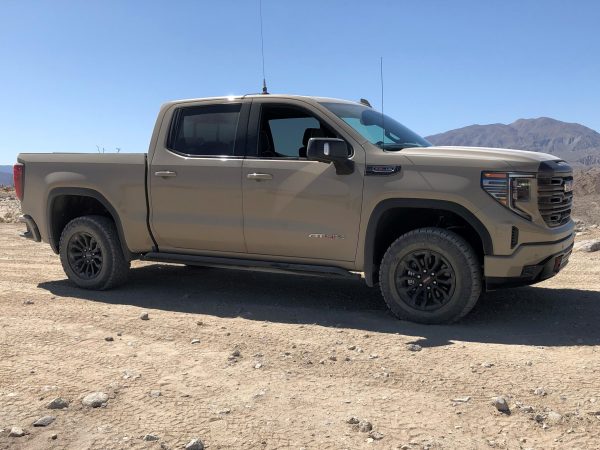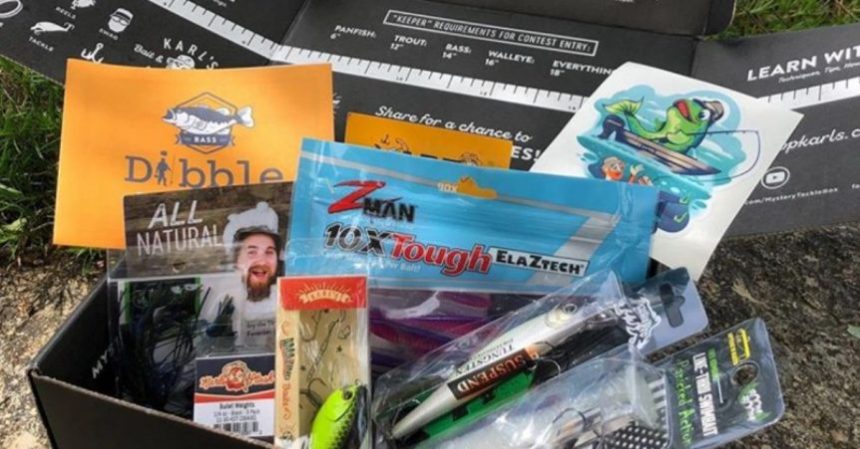We may earn revenue from the products available on this page and participate in affiliate programs. Learn More ›
It’s easy for us as hunters to get wrapped up in gear, especially in the doldrums of the winter offseason when all manner of new gear, guns, cartridges, and equipment are flashing across our screens. There’s certainly nothing wrong with developing your “kit” as a way to look forward to the seasons ahead. Bowhunters will obsess over the slightest change in point weight, arrow selection, and the tune of their bow. Backpack hunters will spend hours filling out spreadsheets to optimize the weight of their packs. Rifle hunters will research the hottest-shooting new rifle to try to extend their effective range.
I don’t want to knock this kind of preparation. It plays an important part in both the anticipation and the effectiveness in our upcoming hunts. But just remember, it’s usually your skills and knowledge, not your gear, that make for a successful hunt.
Improvements in skills and knowledge take time and effort to develop. They cannot be bought. So rather than getting completely consumed by gear this offseason, we should balance it with improvement of our skillset and knowledge as well. Every hunter is different, so this will look different for each person. Pick one or two things to improve on this off-season and I can almost guarantee you’ll see tangible results in the field next fall.
For me personally, this means shooting my recurve bow all winter, mostly at short range in my garage. I focus on developing and maintaining good form and a mental shot process. Many of the nuances of shooting a bow are perishable, and rather than struggle with frustration by only shooting right before a hunting season, it helps me to be in a constant state of development.
Even in the midst of an unprecedented ammo shortage, rifle and pistol shooters can maintain and fine-tune certain aspects of their skillset through repetition. Dry firing from practical positions will keep your trigger control crisp and consistent. A 3-gun or action-pistol shooter can make mini targets and poppers out of cardboard. Tape them to the wall, and practice drawing, reloading (dummy rounds), cycling, and dry firing to gain valuable repetition without actually sending rounds downrange.
Maybe for you, it doesn’t just mean practicing a skill, but spending time dedicated to research and scouting for next season. This could mean knocking on doors to get permission on new ground, or doing some manual labor to gain favor with a landowner. It could be a dedicated plan to get in shape for a mountain hunt, or winter and spring camping trips to fine-tune your backpacking gear and develop your system.
I’d wager that every single hunter could come up with some meaningful way to improve their skillsets to have a positive impact on the next hunting season. It may take time and dedication, it might even get boring, and it probably won’t give you instant gratification, but real skills and knowledge take hard work, dedication, and experience. That’s something you can’t buy.
